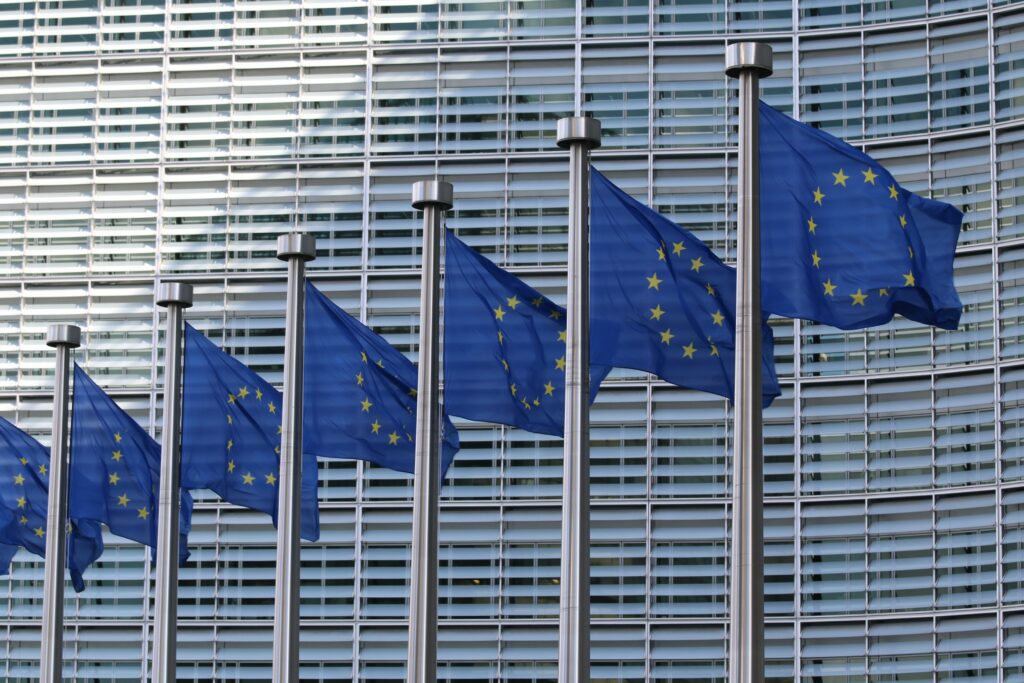With governments regularly introducing new regulations and directives, it can be hard to keep on top of all of them and know what they mean for your business. In this article we aim to summarise the Corporate Sustainability Reporting Directive and cover how it affects your business.
What is the Corporate Sustainability Reporting Directive?
The EU is introducing a new set of non-financial reporting guidelines called the Corporate Sustainability Reporting Directive (CSRD). The overall goal of the is to mainstream and standardise sustainability reporting in order to help businesses reduce their negative environmental and social impacts.
Why is the CSRD being introduced?
By standardising reporting and making it mandatory, it will be easier to accurately compare performance and actions taken by different organisations. This information will be used to help drive the transition to a more sustainable, low carbon, circular economy.
What are businesses required to do?
The new requirements include the following principles:
- Third party assurance: The new reporting guidelines require that your information is audited (assured) by a third party.
- Integrated reporting: Financial and non-financial data will be consolidated into one report.
- Digital tagging: Reports must be in XHTML format.
- Standardised reporting: Companies will have to report using the disclosure requirements in the European Sustainability Reporting Directive.
- Double materiality: Businesses will need to consider both their impacts on the environment, economy, and society and the impacts that those factors may have on their operations.
Ultimately, you are probably now asking yourself the question “But, what does this mean for SMEs?”
Although there are currently no reporting requirements for unlisted SMEs there are aspects of the CSRD that need to be taken into account. If your business is a listed SME, it may qualify for an extra three years to comply in comparison to larger companies.
Currently, large companies are required to report on their value chain, meaning they may send your business a request for information and data.
To make this information easier to provide to companies, it is ENSO’s recommendation that SME’s should start tracking specific metrics including:
- Energy consumption and source
- Water use
- Waste
- Employee wages; and
- Any initiatives that your business has undertaken to increase your sustainability impact.
Organising your data and establishing a clear and transparent system for reporting can greatly simplify the communication process with larger companies. Additionally, this will also help your business get a head start on its own sustainability reporting before the release of SME standards.
By having a structured approach to managing your data, you’ll be better positioned to provide the necessary information to potential partners and stakeholders, enabling you to build more productive relationships and make a positive impact on the environment.
Wondering what else your sustainability strategy might be able to help you with? We have put together a list 5 key areas that your sustainability strategy can help your business with.
Not quite sure where to start?
The ENSO team is here to help you on your sustainability journey and empower you with the tools and resources to build effective strategies, communicate transparently as well as track and report your activities.
Additionally, we will also update our Insight as more information on the CSRD is released.
Want to be kept in the know about new regulations and directives? Join our mailing list today by emailing impact@ensoinitiatives.com.
